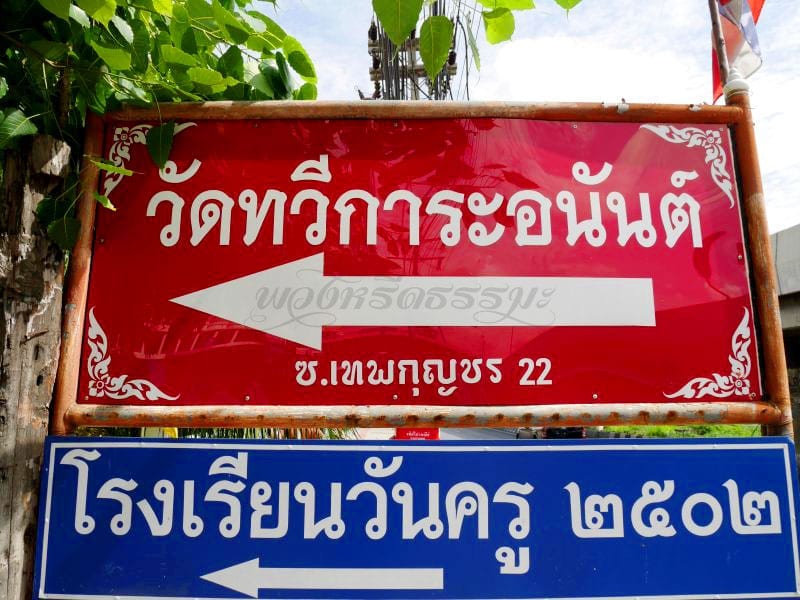北上E&Beエフエム – Episode 207 (6月26日)

On this week’s episode, we chat about a multiculturalism workshop at Kurosawajiri Higashi Exchange Center and the troubles that come along with living in a country where you might be a non-native speaker. Keiko shares a story about troubles on the way to a wedding in Korea years ago.
感じる かんじる feel
入院 にゅういん hospitalization
指示 しじ instructions
主人公役 しゅじんこうやく main character/protagonist
親切な しんせつな kind
運転士さん うんてんし driver
![一般社団法人 北上国際交流協会[北上市国際交流ルーム]](http://k-iah.com/kiah/wp-content/themes/kiah0606/images/site-logo2_footer.png)
![一般社団法人 北上国際交流協会[北上市国際交流ルーム]](http://k-iah.com/kiah/wp-content/themes/kiah0606/images/site-logo2.png)